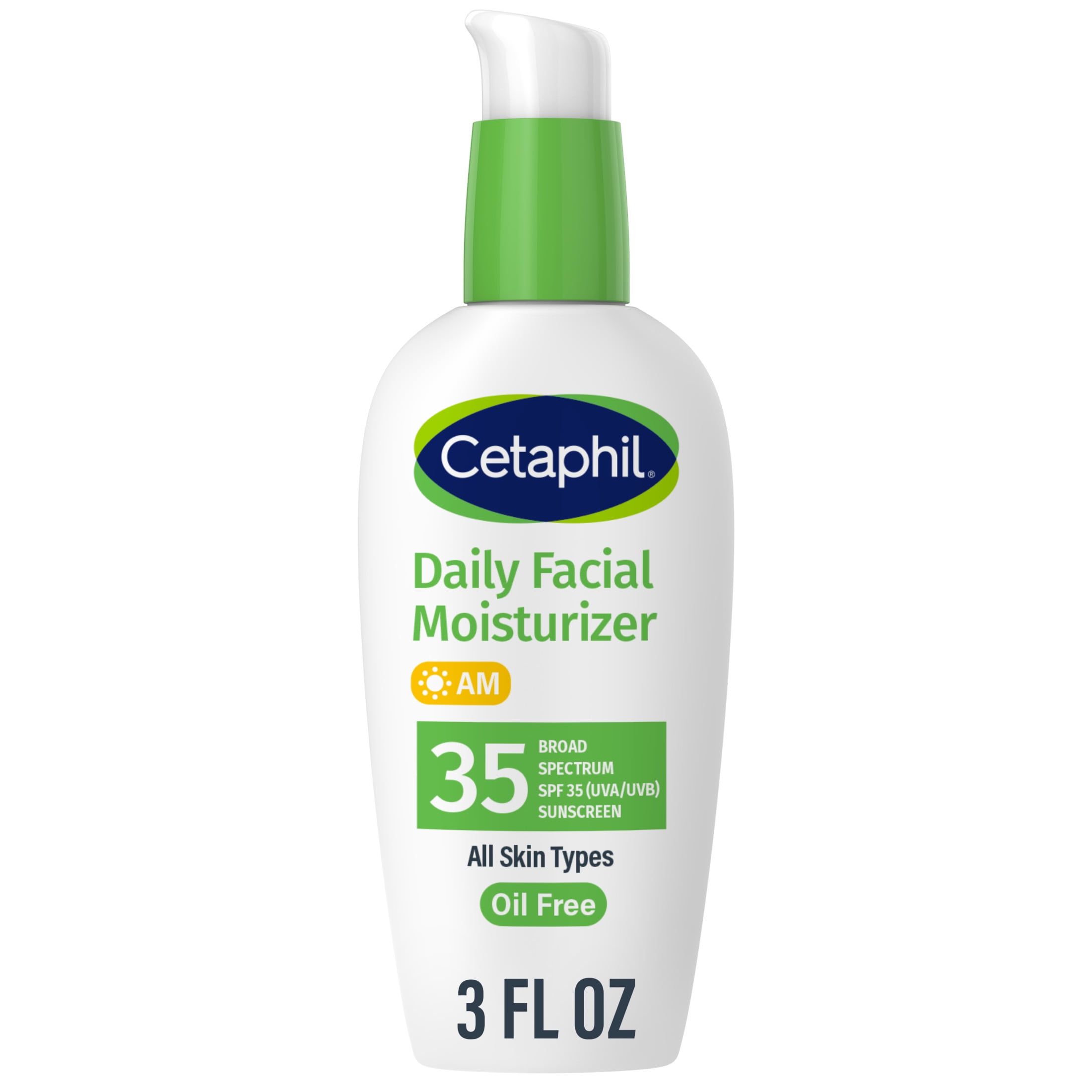Blitz News Digest
Stay updated with the latest trends and insights.
Moisturizer Madness: Why Your Skin is Thirstier Than You Think
Unlock the secret to radiant skin! Discover why your moisturizer isn’t enough and how to quench your skin's thirst for hydration.
The Science Behind Skin Hydration: Understanding Moisturizer Ingredients
The science of skin hydration revolves around understanding how different moisturizer ingredients interact with the skin. Our skin barrier is primarily composed of lipids that help retain moisture, and various ingredients in moisturizers work to reinforce this barrier. For instance, humectants like hyaluronic acid and glycerin attract water from the environment and draw it into the skin, providing a plumping effect. On the other hand, emollients such as shea butter and jojoba oil help to smooth and soften the skin's surface by filling in the gaps between skin cells, creating a sleek appearance and preventing water loss. Understanding these components can empower consumers to choose the right products for their unique skin needs.
Then there are occlusives like petroleum jelly and dimethicone, which form a protective layer on the skin to lock in moisture. This is particularly beneficial in dry climates or for individuals with very dry skin types. It's essential to choose a moisturizer that combines these ingredients for optimal hydration. When selecting a product, look for labels that indicate a balanced blend of humectants, emollients, and occlusives. According to dermatology experts, this triad of ingredients can significantly improve skin hydration levels and overall skin health, making it a fundamental aspect of any skincare routine.

Top 5 Myths About Moisturizers You Need to Stop Believing
Moisturizers are often surrounded by misconceptions that can lead to confusion about their proper usage and benefits. One common myth is that moisturizers are only for dry skin. In reality, all skin types, including oily and combination skin, can benefit from hydration. The key is to choose a moisturizer that suits your skin type; for instance, gel-based moisturizers are ideal for oily skin, while cream-based options work well for dry skin.
Another widespread belief is that the thicker the moisturizer, the better it is. This is not necessarily true, as effectiveness depends on the ingredients rather than the consistency. Lightweight formulations can be just as effective in providing hydration without clogging pores or feeling greasy. It's essential to look for quality ingredients, such as hyaluronic acid and glycerin, that can offer optimal hydration regardless of the texture.
Is Your Skin Really Thirsty? Signs You Need to Hydrate Now
When it comes to skin health, hydration plays a pivotal role. If your skin feels tight or appears dull, these may be early signs that it is craving moisture. Another telltale sign is the presence of dry patches or flakiness, which can be a clear indication that your skin is shedding its natural oils and needs a boost. Look for visual cues as well; if your skin lacks elasticity or bounces back slowly when tugged, it could be begging for a dose of hydration.
Furthermore, if you notice an increase in fine lines or parched skin, it might be time to reassess your hydration routine. Consider keeping a close eye on your skin throughout the day; if it feels uncomfortable or looks lackluster by mid-afternoon, incorporating a hydrating serum or moisturizer could make all the difference. Don’t forget to pay attention to your body’s internal hydration as well—drinking enough water is essential for maintaining skin health. Remember, it’s not just about what you apply topically, but also how you nourish your body from within.